ISPs Urge Court to Block FCC’s Net Neutrality Rules
'The FCC’s decision to treat the $150 billion broadband industry as a public utility is a question of vast economic and political significance," the ISPs said.
Ted Hearn
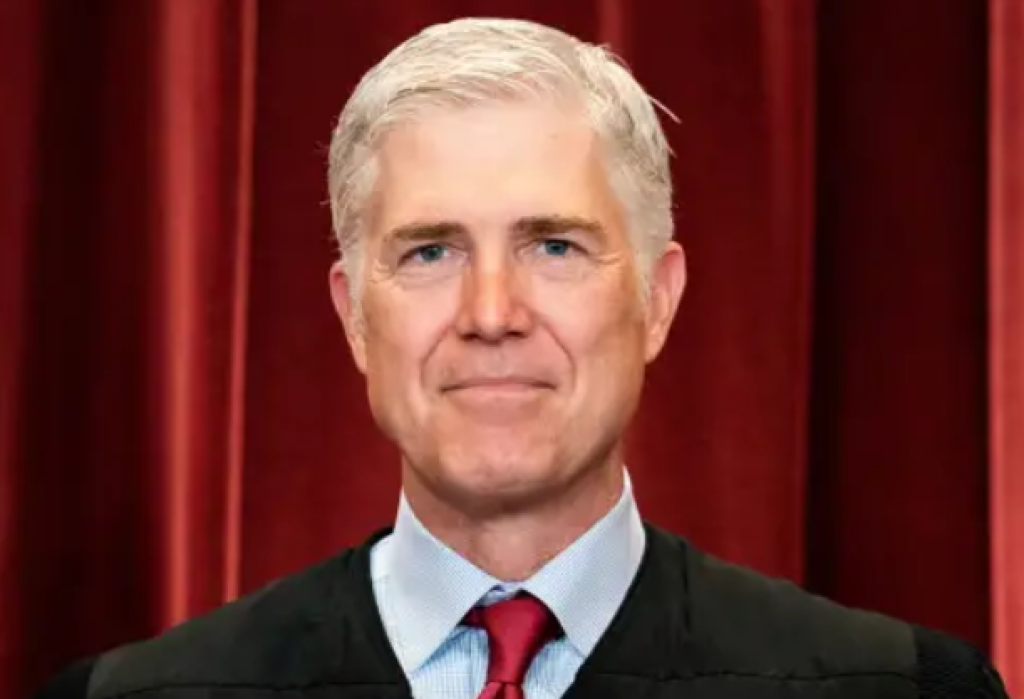
WASHINGTON, July 20, 2024 – Internet Service Providers claim a federal agency lacked authority to adopt regulations that treated them like utilities, requiring the federal judiciary to block the rules from going into effect next month.
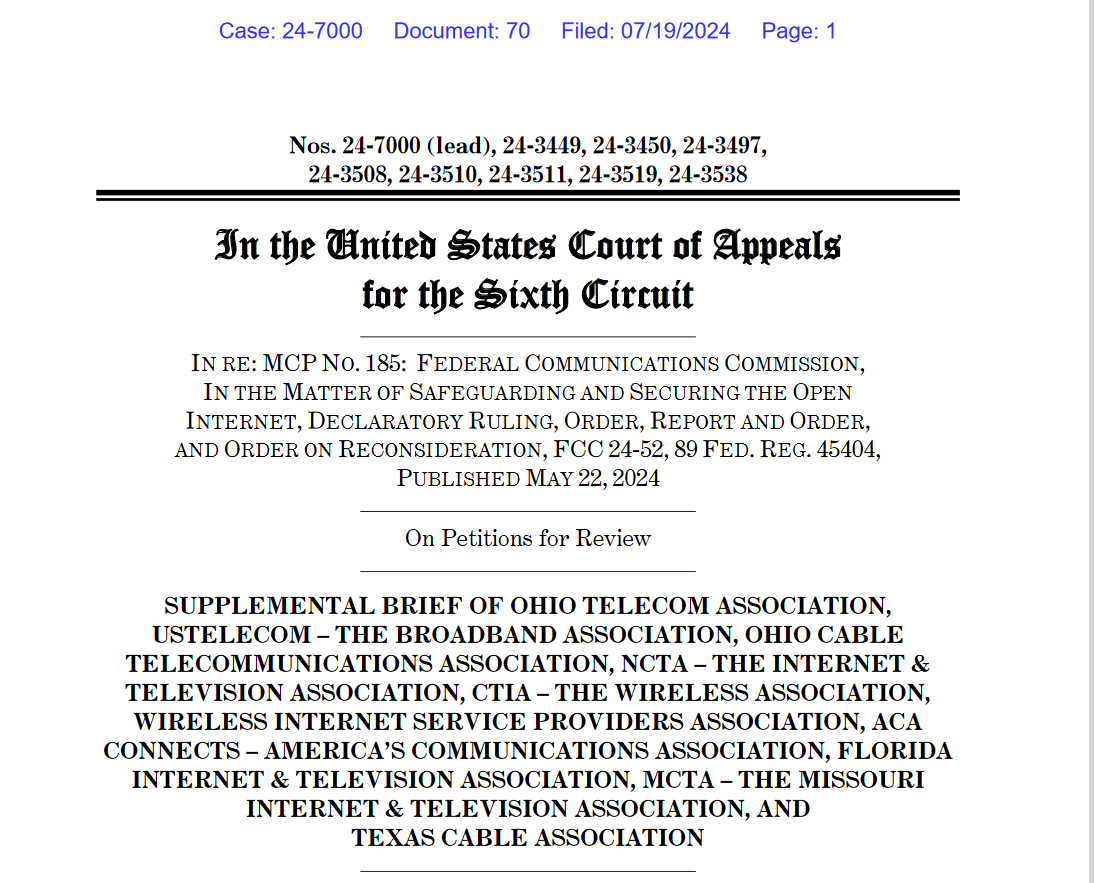
Supplemental Brief of Ohio Telecom Association
Many of the largest ISPs in the country, joined by hundreds of local providers, have challenged the Federal Communications Commission’s Net Neutrality rules in federal court, the latest chapter in a saga that began more than two decades ago.
In the current struggle, the ISPs said the FCC’s regulations adopted in April ran afoul of the Supreme Court’s Major Questions Doctrine, which prevents the FCC from adopting rules with vast economic and political significance without clear authorization from Congress.
“The FCC’s decision to treat the $150 billion broadband industry as a public utility is a question of vast economic and political significance,” the ISPs said in a brief Friday night with the U.S. Court of Appeals for the Sixth Circuit in Cincinnati.
The ISPs added that the Net Neutrality rules were invalid because the agency could not point to “unambiguous congressional authorization” to treat them as common carriers, adding that “whether broadband providers may be regulated as public utilities is the quintessential major question.”
The ISPs in the case – including Comcast, Charter, AT&T, and Verizon – have been represented by national and regional trade associations. Many of the groups were participants in the FCC’s Net Neutrality rulemaking launched last October.
Among other things, the FCC classified the ISPs as telecommunications service providers in order to establish rules that ban the blocking and throttling of lawful content or accepting payment to prioritize certain content on their networks. The FCC's action stripped ISPs of their classification as lightly regulated information service providers.
FCC lawyers also filed a brief with the Sixth Circuit on Friday night arguing that two Supreme Court cases – NCTA v. Brand X Internet Services (2005) and Loper Bright Enterprises v. Raimondo (2024) – supported the agency’s classification of ISPs as common carriers, resolving the case in the FCC’s favor.
In addition, FCC lawyers said the Major Question Doctrine was inapplicable because the Supreme Court in Brand X affirmed the agency authority to classify ISPs, whether as common carriers under Title II of the Communications Act or lightly regulated providers under Title I.
“Brand X’s holding that the Communications Act gives the FCC authority to classify and regulate broadband service forecloses [ISPs’] arguments that the major-questions doctrine deprives the agency of that authority,” FCC lawyers said.
ISP lawyers called the FCC's analysis "spin," because Brand X allowed the FCC to keep ISPs deregulated while the current FCC is relying on Brand X to do just the opposite.
The Net Neutrality rules were originally scheduled to take effect on July 22, but the Sixth Circuit moved the effective date to Aug. 5 to consider arguments about the impact of Loper on the Net Neutrality case.
In Loper, the Supreme Court abolished the Chevron Doctrine, a requirement that federal courts broadly defer to the FCC's reasonable interpretation of ambiguous communications laws passed by Congress.
The ISPs noted that in Loper, Justice Neil Gorsuch maintained the demise of the Chevron Doctrine was intended to stop the courts from endorsing the FCC's multiple reclassification of ISPs since 2002 without a change in federal law.
"The FCC cannot credibly assert the power to continue to flip-flop in its treatment of broadband, each time 'claim[ing] its new rule [is] just as ‘reasonable’ as the last,'” the ISPs said, quoting from Gorsuch's concurrence in Loper.


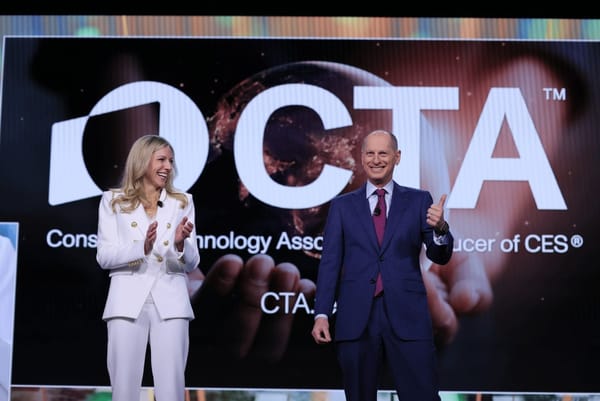

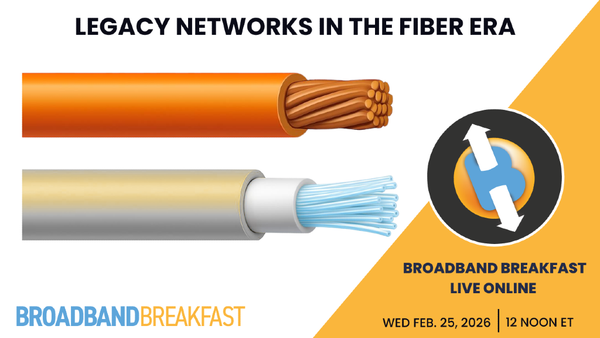
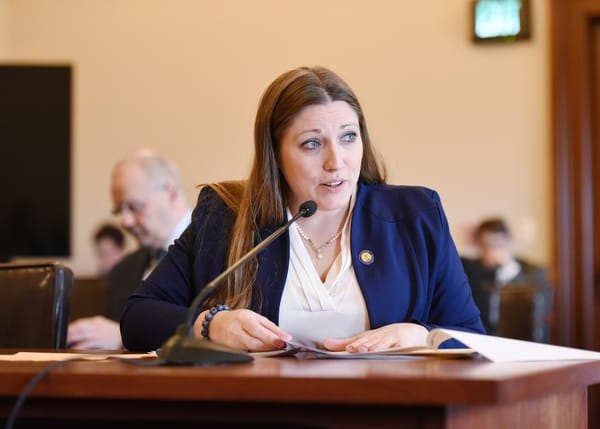
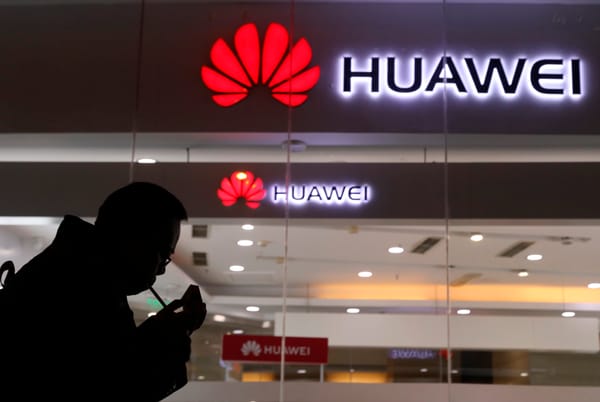



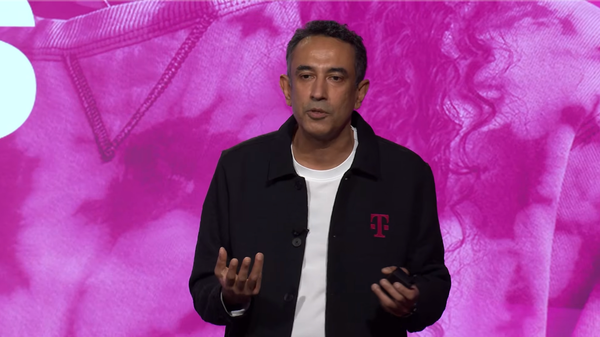
Member discussion